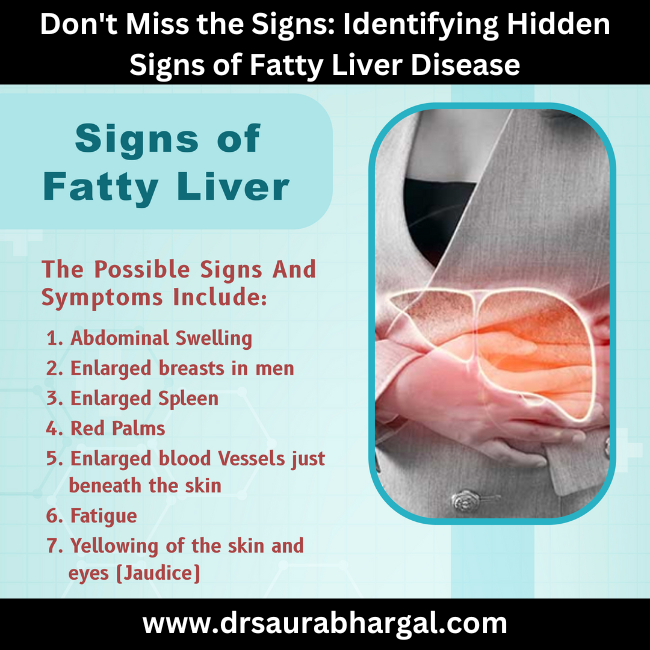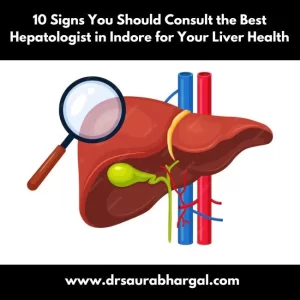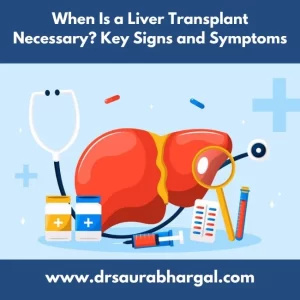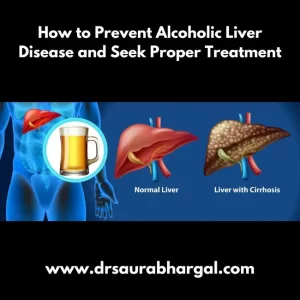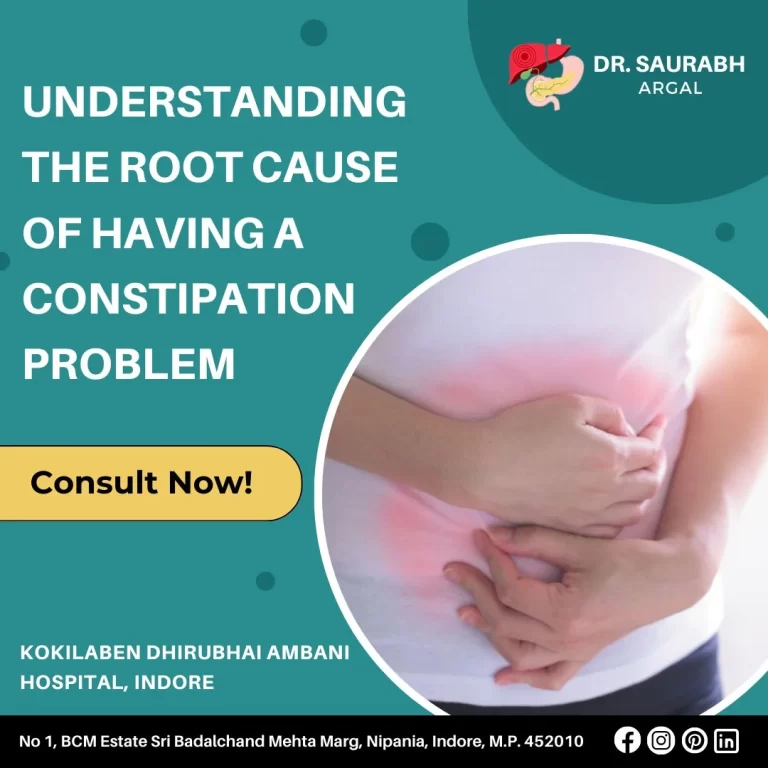Fatty liver disease, once a relatively obscure medical condition, has emerged as a significant health concern in recent years. While its more overt symptoms such as fatigue, abdominal pain, and jaundice may grab attention, there are also subtle, hidden signs that should not be overlooked. we delve into the lesser-known indicators of fatty liver disease, shedding light on the importance of early detection and proactive management.
Table of Contents
ToggleUnderstanding Fatty Liver Disease:
Before we delve into the hidden signs, it’s essential to grasp the basics of fatty liver disease. Also known as hepatic steatosis, it occurs when excess fat accumulates in the liver cells. This can lead to inflammation, scarring, and potentially severe complications if left untreated. Fatty liver disease is often associated with obesity, diabetes, high cholesterol, and excessive alcohol consumption, but it can also occur in individuals with none of these risk factors.
Hidden Signs to Watch For:
While fatty liver disease can manifest in various ways, some signs may go unnoticed or be mistaken for other health issues. Here are a few hidden signs to be aware of:
Skin Issues:
Unexplained patches of dark skin, particularly around the neck or armpits, can be indicative of fatty liver disease. This condition, known as acanthosis nigricans, is often associated with insulin resistance, a common precursor to fatty liver disease.
Abnormal Blood Tests:
Routine blood tests may reveal elevated levels of liver enzymes, such as alanine transaminase (ALT) and aspartate transaminase (AST). While these enzymes can be elevated for various reasons, persistent abnormalities should prompt further investigation for fatty liver disease.
Swelling in the Legs:
Edema, or swelling in the legs and ankles, can occur due to fluid retention, which may be linked to impaired liver function caused by fatty liver disease.
Easy Bruising:
A compromised liver can affect blood clotting, leading to easy bruising or prolonged bleeding even from minor injuries.
Confusion or Trouble Concentrating:
In more advanced stages of fatty liver disease, cognitive symptoms such as confusion, difficulty concentrating, or memory problems may arise due to the liver’s reduced ability to filter toxins from the blood.
Seeking Diagnosis and Treatment:
If you notice any of these hidden signs or experience persistent symptoms suggestive of fatty liver disease, it’s crucial to consult a healthcare professional promptly. Diagnosis typically involves a combination of medical history review, physical examination, blood tests, imaging studies (such as ultrasound or MRI), and sometimes liver biopsy.
Treatment for fatty liver disease primarily focuses on lifestyle modifications, including weight loss, dietary changes, regular exercise, and abstaining from alcohol. In cases where complications arise, such as advanced fibrosis or cirrhosis, more aggressive interventions may be necessary.
Conclusion:
Identifying hidden signs of fatty liver disease is vital for early detection and effective management. By recognizing these subtle indicators and seeking fatty liver treatment in Indore, individuals can take proactive steps to preserve liver health and reduce the risk of complications associated with this increasingly prevalent condition. Remember, a healthy liver is key to overall well-being, so listen to your body and prioritize its care.

